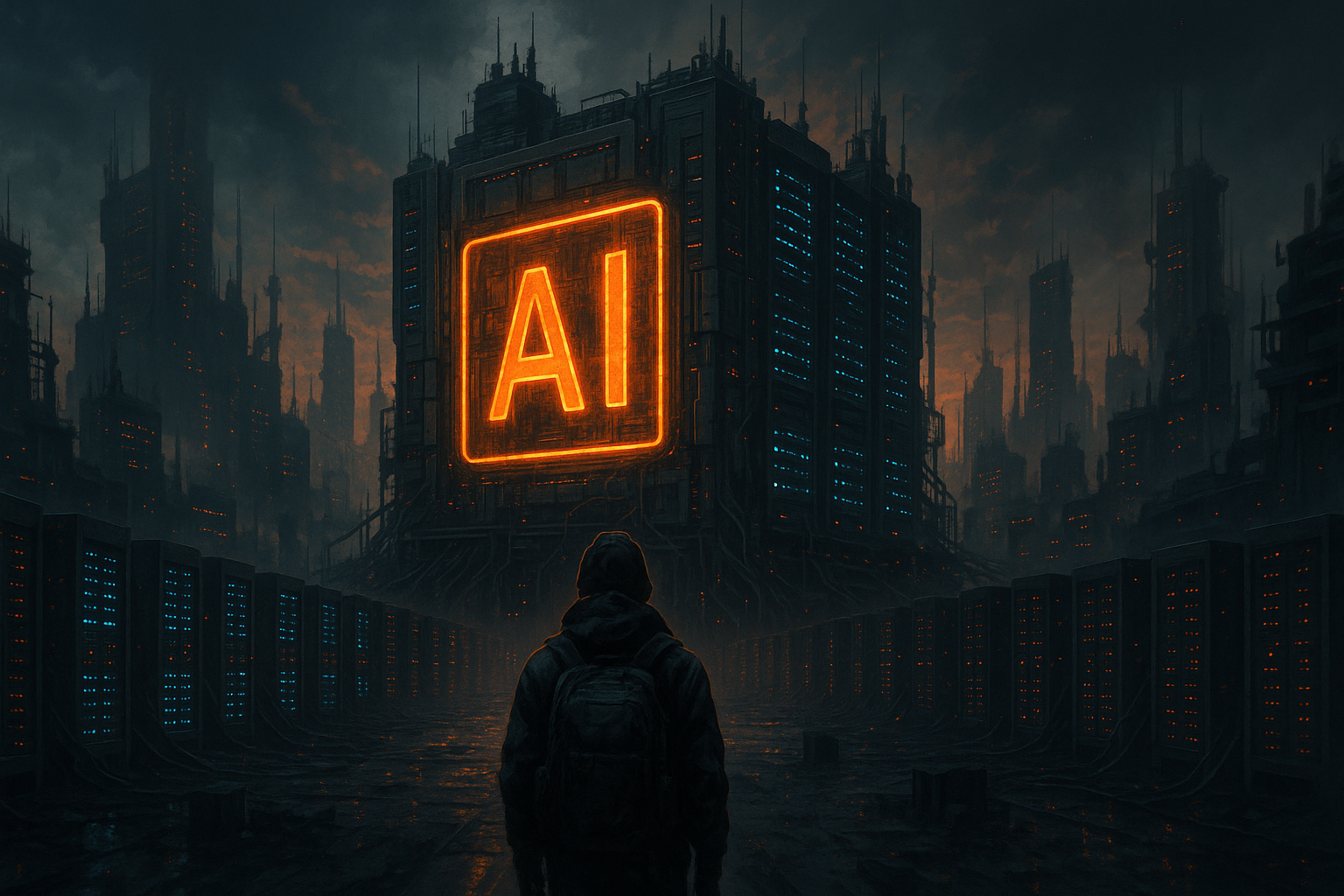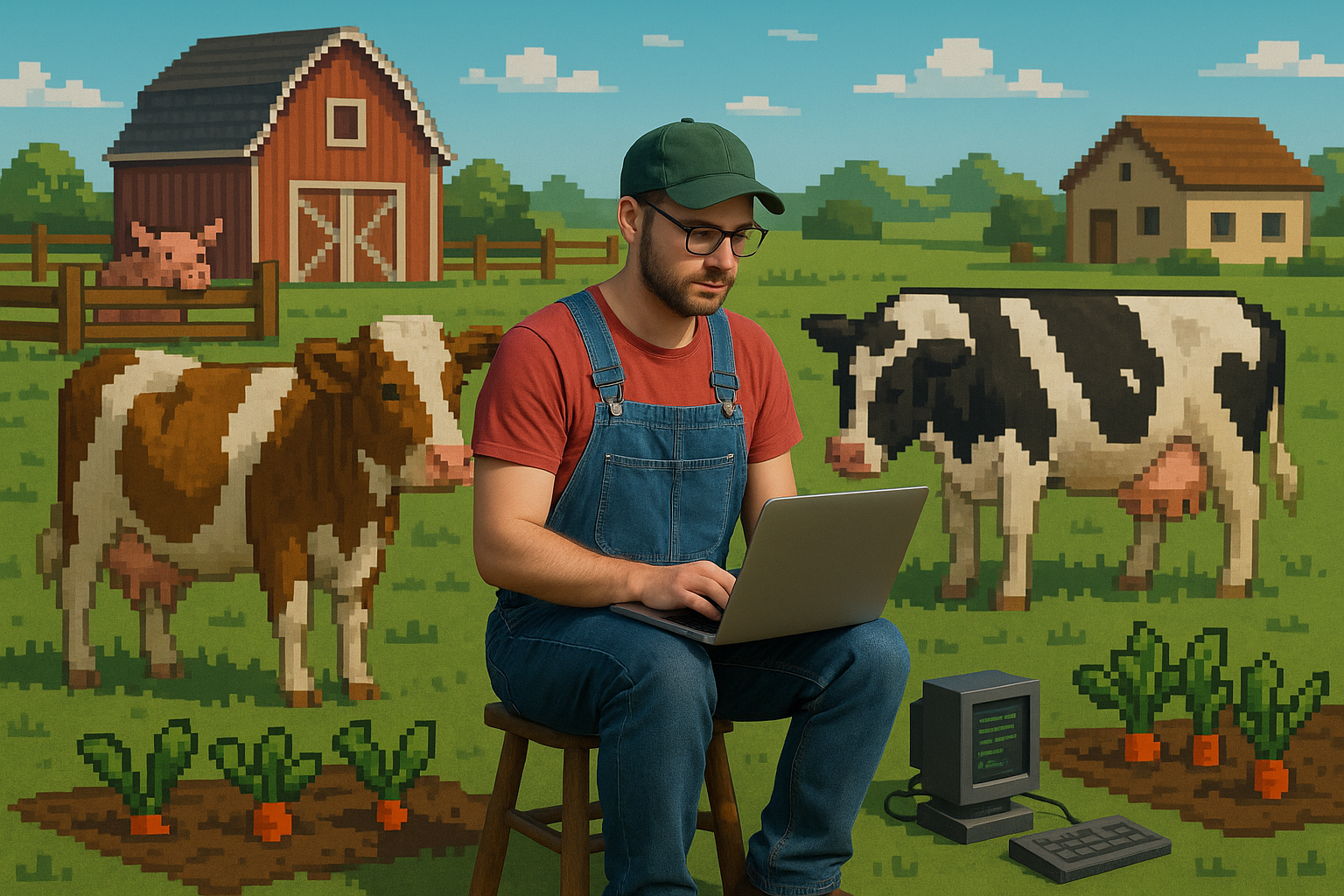-
Everyone spent years waiting for a Hollywood-style AI apocalypse with killer robots, glowing red eyes, and metal dogs sprinting across smoky ruins. Instead, the real AI apocalypse arrived quietly, politely, and without any dramatic soundtrack.
-
In late August, 2025, 150 Atlassian employees opened their laptops expecting a normal day at work. What they got instead was a pre-recorded video message from co-founder and CEO Mike Cannon-Brookes. Calm, professional, but utterly detached, the video informed them their jobs were no longer needed. Within minutes, their laptops went dark, system access revoked.
-
Let’s stop pretending this is innovation. What we’re witnessing is the corporate world kneeling before a new golden idol—one that doesn’t bleed, doesn’t breathe, and doesn’t unionize.
-
In the twentieth century, totalitarian rule was built on simple things: paper lists, fear, and backrooms with wires in the walls. People disappeared into archives, interrogations, and camps. But even then, it all worked thanks to the technologies of the time — typewriters, intercepted letters, shortwave radio. Technology didn’t save anyone from dictatorship. It merely…
-
Every new wave of automation has put us under stress about jobs disappearing. Advances in artificial intelligence—especially generative AI like large language models (LLMs)—make some of us anxious about “What’s next?”
-
You used to ask your best friend for dating advice. Or maybe your therapist. Now, some people whisper their secrets to a chatbot trained on Reddit threads and pop psychology. And it answers—politely, supportively, and without judgment.
-
Developers built the AI that’s now replacing them — poetic, isn’t it? Explore how coders automated themselves out of jobs, who will survive the shift, and why LaSoft still bets on humans.
-
LaSoft has been in the custom software development market for over 10 years. Since 2020, due to the COVID challenge, LaSoft’s team has taken a curve towards changing business strategy, strengthening its portfolio, and expanding the partner ecosystem.
-
The software industry has seen rapid technological growth and new security threats in the last few years. Risk assessment, testing, and compliance are a must before full-scale deployment. Software development will change the way we live in the future.
-
Existential threats such as catastrophic climate risks, cybercrime, and annuity sector growth are prompting insurers to rethink their approach to engaging with potential clients, driving innovations insurance companies implement.










